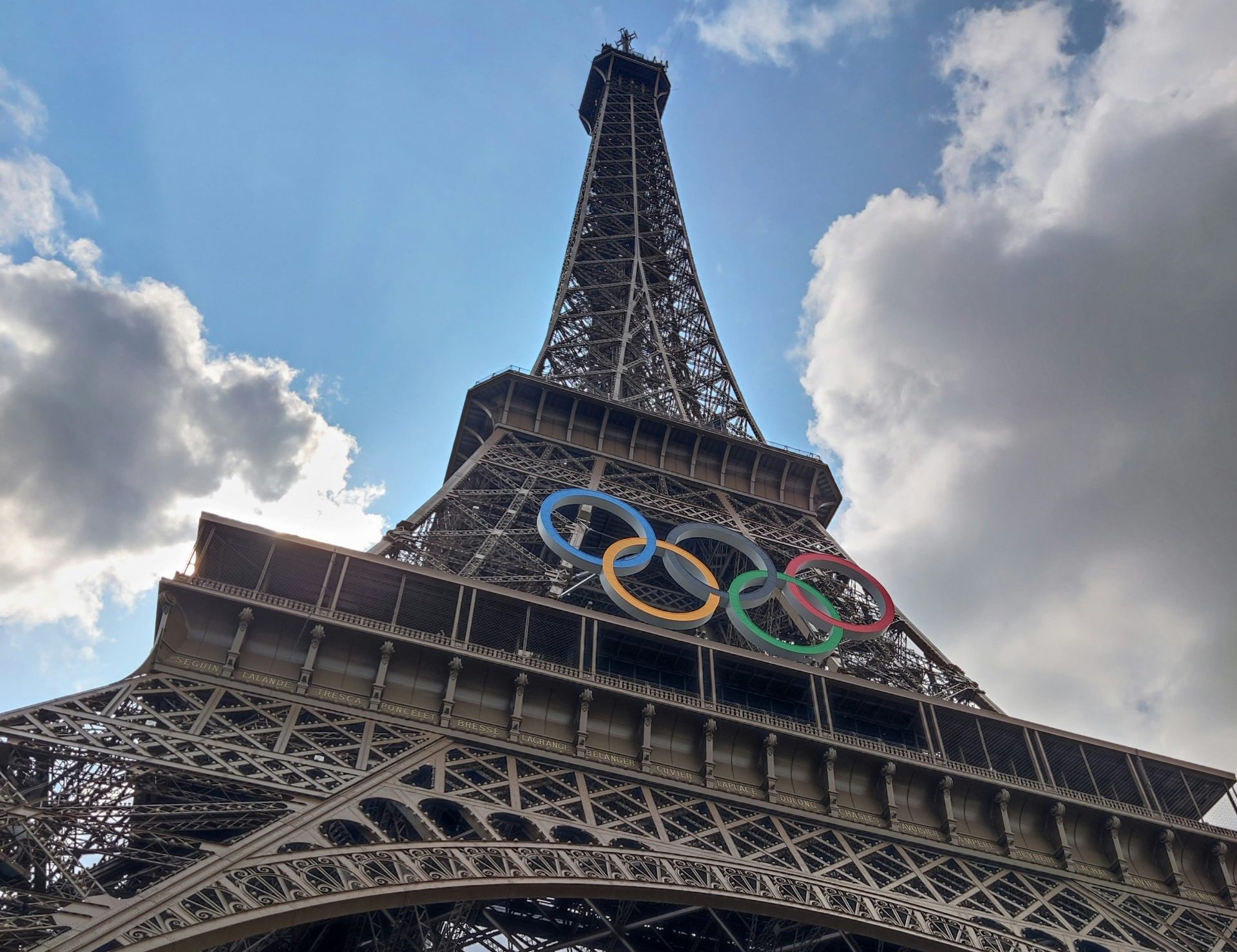Have you paid to watch this Olympics? The Olympic games have long been celebrated as a global sporting event that transcends borders, uniting people from all walks of life in the spirit of competition, sportsmanship and international camaraderie. Indeed, to many it is a global treasure.
From swimming to shot put, gymnastics to diving, the Olympics gains millions of viewers, many of whom have little sporting experience themselves or are complete sport novices. It is a rare occasion where the world tunes in to witness the greatest sporting successes as athletes who have dedicated their entire lives to their sport showcase their talents and compete for a spot on the Olympic podium.
Previously, the games have been accessible to all with Olympic fans watching the games on free-to-air public broadcasting channels, regardless of their financial means. Despite this, the 2024 Paris games have received widespread backlash among fans due to a controversial paywall requiring viewers to pay to access aspects of this year’s Olympics coverage. This begs the question: should the games be partially hidden behind a paywall?
At this year’s games, Discovery+, owned by Warner Bros, bought exclusive rights to much of the Olympic games’ coverage, and as a result a lot of the games were behind a £3.99 paywall. Contrary to the spirit of the games, this means that Brits that wanted to watch full coverage of the Games had to pay to subscribe to Discovery+. This left the BBC and other free-to-air public broadcasters with limited coverage of the games. Over the duration of the competition, Discovery+ aired 3,800 hours of live coverage compared to the BBC which only aired a mere 250+ hours of live coverage and was only allowed to show two live events at any one time. For example, football fans wishing to watch the men’s and women’s Olympic semi-finals and finals were required to purchase a Discovery+ subscription to be able to witness the showdowns.
The paywall has been met with controversy, with disappointed fans flooding to social media to express their outrage and demand for more accessible broadcasting of the games. The UK boss of Warner Bros. Discovery+, Andrew Georgiou, has defended the company putting much of the Olympics behind a paywall emphasising the small cost for the full-coverage of the games. For some £3.99 may seem an insignificant amount. A one-off worthy payment for two weeks of thrilling sporting entertainment. Yet for others, especially those struggling amidst a cost of living crisis, the paywall could potentially bar them from viewing much of the entertaining sporting spectacle which only takes place once every four years. Others have simply refused to pay the £3.99 in the hope of making a point regarding the commercialisation of Olympic broadcasting rights / coverage.
It should be a games for all. The Olympic games belong to everyone and placing the games behind a paywall contradicts the fundamental values of the Games. By requiring viewers to subscribe to Discovery+ to access full coverage, those who lack the financial means to afford the subscription are effectively excluded from watching much of the games. Fans are divided into those who can afford to pay the subscription and those who cannot. Rather than segregating viewers based on their ability to afford the subscription, the Olympics should be an event where viewers from all around the world join together to watch as the greatest sporting champions compete in what is often seen as the most popular sporting event worldwide.
This is not the first time the games has been behind a paywall with a growing trend emerging towards the commercialisation of Olympic coverage. In a similar vein, the BBC also faced a tide of complaints regarding the lack of live coverage at the Tokyo 2020 games. Following complaints at the 2020 games, two former BBC chairmen rightly called for broadcasting rules to be changed to make sure free-to-air channels are able to show fuller coverage of the Olympics. Lord Grade, former chairman of the BBC, said: “It’s a huge disappointment to people not to be able to have the usual fuller BBC coverage. The Olympic games belongs to everyone really.” The BBC said: “Since the Winter Olympics in 2018 what’s changed is that if you are really into a specific sport that isn’t the main story of the day, we may not be able to broadcast it live.” While Olympic coverage is increasingly blocked behind a paywall, this has not previously been the norm. During the London 2012 Olympics, the games were accessible to all viewers with the BBC offering online viewing for every sport, not limited by broadcasting rights.
As the 2024 Paris Olympics comes to an end this Sunday with the closing ceremony at the Stade de France, it is imperative that we reconsider the allocation of Olympic broadcasting rights. Rather than selling the games to a company that will place the event behind a paywall, the International Olympic Committee and broadcasters must work together to find a solution that prioritises public access over private profit. The games belong to everyone and should be free to watch.
